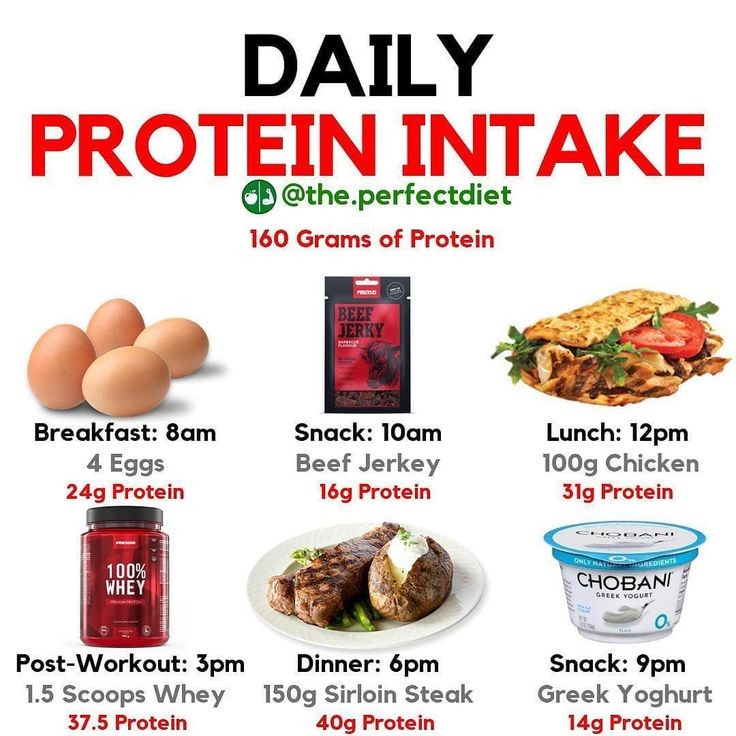
Contents
10 Science-Backed Reasons to Eat More Protein
Daily protein consumption may benefit muscle mass and strength.
Protein is a crucial nutrient and macronutrient, obtained through diet.
Proteins are the body’s building blocks, used for tissue repair, enzyme activity, immune system support, and hormone production.
All proteins are made of amino acids and have different functions.
Proteins are long chains of amino acids that form molecules with specific structures and functions.
Why does your body need protein?
Your body has numerous varieties of proteins that perform different activities.
Proteins are essential for the growth and maintenance of every tissue and organ, including muscles and bones.
Proteins also function as antibodies, hemoglobin, enzymes, and hormones.
10 science-backed reasons to eat more protein
Here are 10 science-backed reasons to eat more protein:
- Increases muscle mass:
- Protein is the primary component of muscles.
- Eating enough protein supports muscle development during strength training.
- Research shows that a high-protein diet promotes muscle growth and strength.
- Adequate protein intake prevents muscle loss during weight reduction.
- Recovers the body post-injury:
- Protein aids in the healing and repair of tissues and organs.
- Studies demonstrate the significant impact of protein intake on healing.
- Reduces hunger:
- Higher protein intake leads to increased satiety.
- Protein stimulates the production of satiety hormones, reducing food consumption.
- Protein slows digestion, reducing hunger between meals.
- Reduces cravings:
- Protein reduces food cravings unrelated to hunger.
- Increasing protein content in meals decreases late-night nibbling.
- Protein reduces appetite, improves fullness, and lowers calorie consumption.
- Improves bone health:
- Protein consumption promotes bone health.
- Strong bones prevent osteoporosis.
- Adequate protein ensures healthy bones throughout life.
- Improves metabolism and reduces fat storage:
- Protein is less likely to be stored as body fat compared to carbohydrates and fats.
- Protein digestion burns more calories than fat and carbs.
- Increased protein intake boosts metabolism, aiding in weight reduction.
- Reduces high blood pressure:
- Protein intake can help lower blood pressure.
- High blood pressure is a risk factor for various health conditions.
- A high-protein diet reduces blood pressure, cholesterol, and triglycerides.
- Choose lean proteins to maximize the benefits.
- Helps maintain weight loss:
- Increasing protein intake aids in weight loss.
- Protein boosts metabolism and reduces calorie intake and cravings.
- Protein maintains muscle mass during dieting, contributing to successful weight reduction.
- Helps you stay fit as you age:
- Protein supports muscle mass, bone density, immune function, metabolism, and brain function.
- Protein is vital for maintaining a healthy weight and a strong immune system.
- Does not harm kidneys:
- Contrary to popular belief, a high-protein diet does not negatively affect kidneys in healthy individuals.
- Consult a doctor if you have kidney disease.
How much protein do you need every day?
The recommended dietary allowance (RDA) of protein for most healthy adults is 0.8 grams per kilogram of body weight.
To calculate your daily protein consumption, multiply your weight in pounds by 0.36 or use an online protein calculator.
| Babies | 10 |
| School-aged children | 19 to 34 |
| Teenage boys | 52 |
| Teenage girls | 46 |
| Adult men | 56 |
| Adult women | 46 |
| Pregnant or breastfeeding women | 71 |
According to the Institute of Medicine, at least 10% of your daily calories should come from protein, but no more than 35%.
Experts recommend consuming more than 0.8 grams of protein per kilogram of body weight for individuals engaging in physical activity.
Studies suggest that consuming small amounts of protein throughout the day is more beneficial than consuming a large amount in one sitting.
Daily protein consumption may benefit muscle mass and strength. The timing and distribution of protein intake may impact its effectiveness. Research suggests that consuming protein in smaller, frequent amounts throughout the day is more beneficial than consuming a large quantity in one meal.


